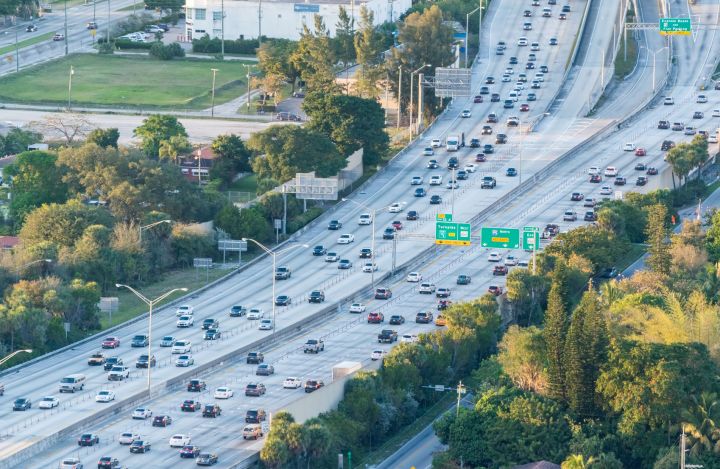
The new committee “will play a critical role in sharing best practices, challenges, and opportunities in automation, and will open lines of communication so stakeholders can learn and adapt based on feedback from each other.” The specific areas of focus, all involving modes of transportation, will include cars, buses, trains, planes, and drones.
The committee has 25 members from business, universities, social interest groups, and city governments. The co-chairs are Mary Barra, Chairman and CEO of General Motors and Eric Garcetti, Mayor of Los Angeles, and the vice chair is J. Chris Gerdes, Professor of Engineering at Stanford University. Starting with those very heavy hitters, the remaining members are from companies as diverse and powerful as FedEx, Lyft, Hyperloop One, Amazon, Apple, and State Farm Insurance, as well as schools including Duke and UC Berkeley. There are also representatives from policy and interest groups from cities and organizations.
“During my time at the Department, we have fostered some of the most significant technological changes to ever take place in transportation, and we did so while keeping our focus on the safety of the American people,” said outgoing U.S. Transportation Secretary Anthony Foxx. “This new automation committee will work to advance life-saving innovations while boosting our economy and making our transportation network more fair, reliable, and efficient.”
According to a DOT report, Beyond Traffic 2045, the U.S. is estimated to grow in population by 70 million by 2045 and freight will increase by 40 percent in volume. The automation advisory committee will help as the country improves and expands the necessary infrastructure to handle the transportation needs.



